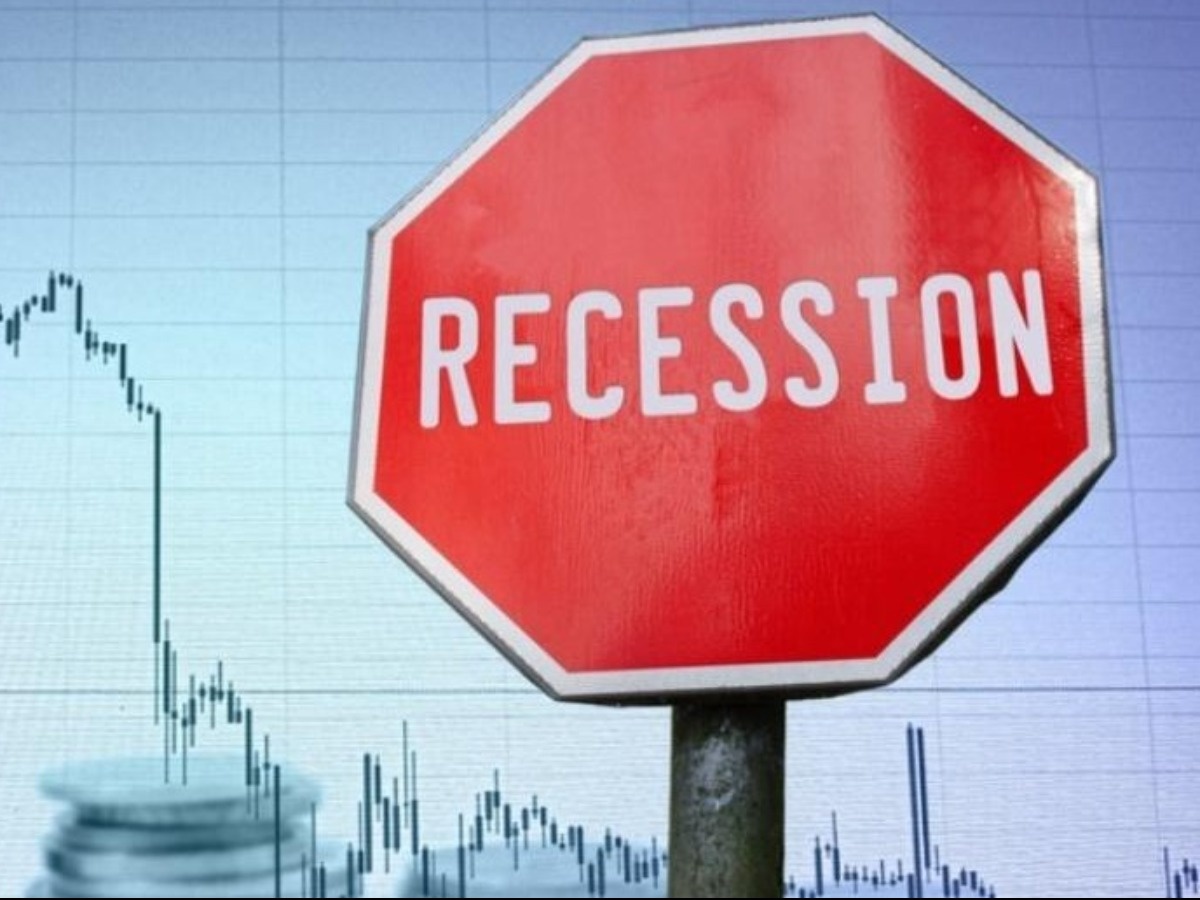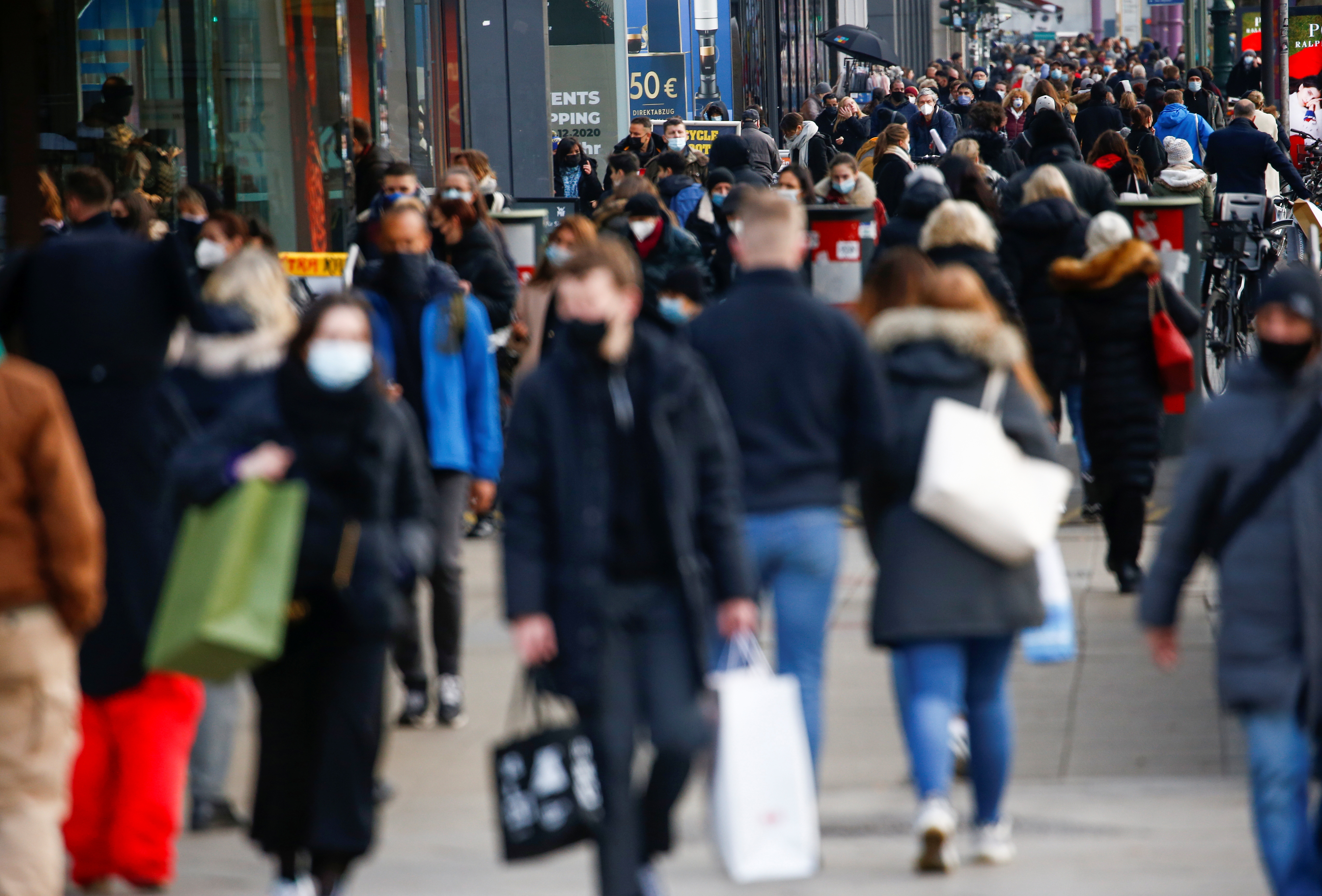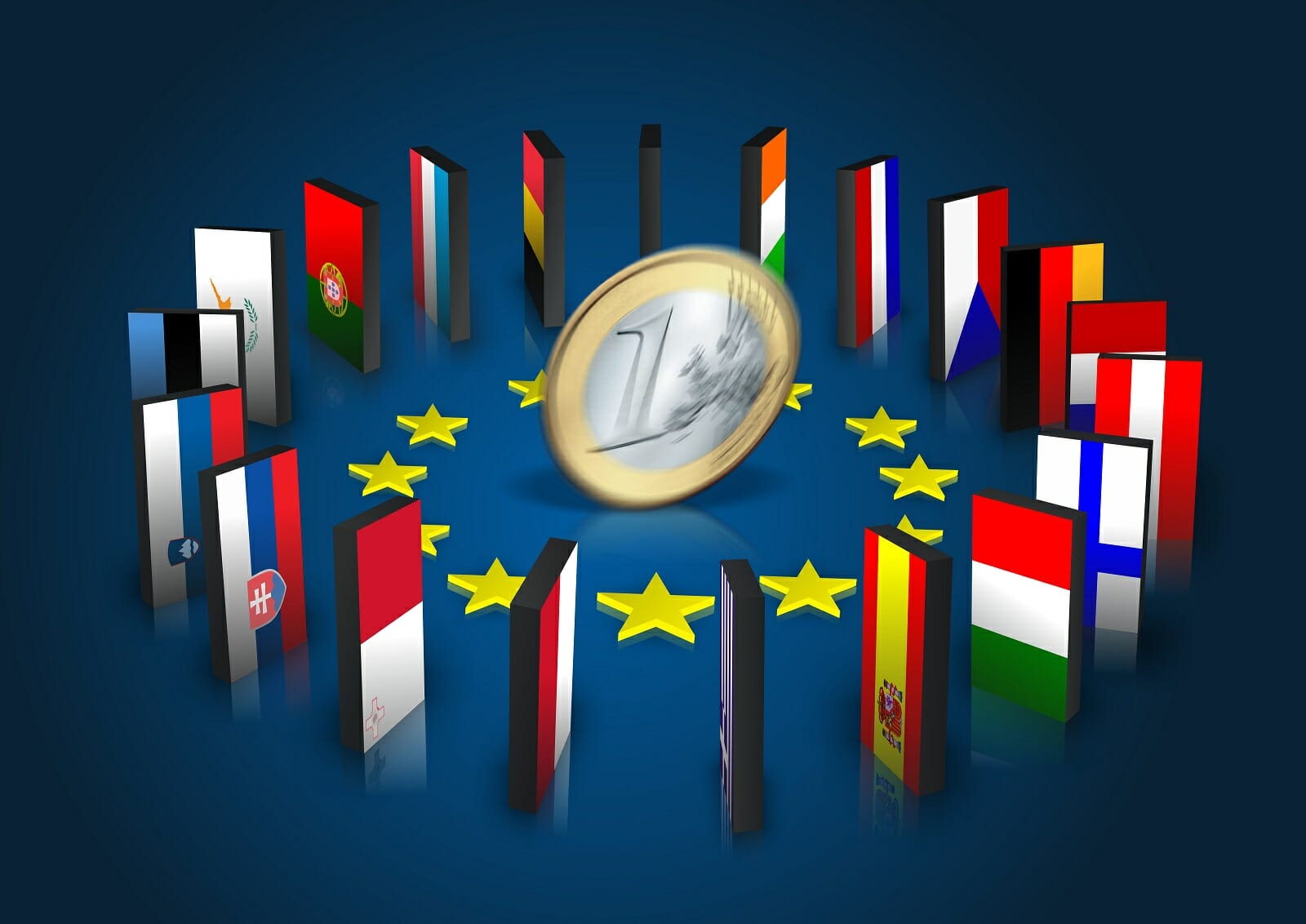Germany – World’s Fourth Largest Economy Forced Into Recession; Cause For Worry?
Early in 2023, a recession hit the Germany as consumer spending in Europe's financial powerhouse finally buckled under the weight of soaring inflation.

Recession: Calamity or economic cleanser?
Germany’s economy shrank slightly in the initial quarter of 2023 compared to the prior three months, officially entering a technical recession.
According to an early assessment, Germany’s gross domestic product (GPD) would have just avoided entering a recession in the first quarter, stagnating at zero growth.
However, data released earlier this week demonstrated that German industrial output declined more than anticipated in March, hampered by a dismal performance by the crucial car sector, which fueled new recession fears.
Joerg Kraemer, chief economist at Commerzbank, stated that “the enormous rise in energy prices had its toll in the wintertime half-year.”
Unavoidable as it was, a recession has occurred, and the question now is whether or not there will be a recovery in the latter part of the year.

Both firms and consumers are uneasy about the conflict in Ukraine, which has caused them to hold off on investments and purchases, respectively. This has lowered demand.
The European Central Bank’s interest rate increases have so far had little impact on the euro zone’s 7% inflation rate.
People were urged to have trust in the market by Scholz. “The outlook of the German economy is extremely good,” he declared.
He highlighted significant investments in semiconductor and battery industries as reasons for confidence, saying that they would “unleash the potential of the economy” and result in a major increase in sustainable energy.
The Bundesbank gave us yet another injection of hope. In its most recent monthly report, it forecasted that growth could pick up in the following quarter, citing improved supply chain concerns and the fact that as a result, businesses were now better equipped to fulfill the pile of orders accrued during and after the pandemic.
Some facts in the matter
According to figures from the Federal Statistics Office, Destatis, after accounting for price and seasonal impacts, GDP decreased by 0.3% for the quarter.
The German economy has already seen two straight quarters of negative GDP growth since GDP development entered downward territory at the close of 2022, according to Ruth Brand, president of Destatis.

The data for January to March come after a 0.5% decline in the final quarter of 2022. Two consecutive quarters of contraction is the conventional definition of a recession.
The German economy continues to suffer during the quarter, according to the office. After accounting for price and seasonal changes, household consumption decreased by 1.2% from one quarter to the next.
High inflation has eroded the purchasing power of consumers, which has decreased consumption in the country’s economy.
Compared to the prior quarter, homeowners spent less on furnishings, clothing, shoes, food, and beverages.
Additionally, they purchased fewer brand-new vehicles, presumably as a result of the expiration of the government’s incentives after 2022. Additionally falling off in the initial three weeks of the year was government spending.
The initial nine months of 2023 saw an increase in investment following a dismal second quarter of 2022, supported by a brief recovery in the housing sector brought on by exceptionally mild weather.
Given that Germany was hit by a combination of elevated inflation and higher interest rates, the decline in GDP of 0.3% QoQ (quarter-on-quarter) is far more in line with predictions at the start of the year,
In contrast, after a dismal second half of 2022, investment increased in the first half of this year. When compared to the prior quarter, investment in equipment and machinery climbed by 3.2%, and investment in construction increased by 3.9%.

Trade made helpful contributions as well. While imports decreased by 0.9%, exports increased by 0.4%.
Germany avoids a devastating recession, but the future is uncertain.
Germany, which relies heavily on Russian energy supplies, was left especially vulnerable as a result of the Russian invasion of the Ukrainian Republic in February 2022.
The worst-case scenarios, such as petrol scarcity, which would have devastated the economy, did not materialize in Germany due to a mild winter.

The COVID-19 epidemic at the beginning of 2020 forced governments to essentially shut down entire areas of the economy, which led to Germany’s most recent recession.
Recession in Germany; Effect on Eurozone
The largest economy in Europe is experiencing a decline and has a gloomy prognosis; this is disappointing news for the whole eurozone, with the most evident effect being a negative revision to first-quarter GDP.
According to Cunningham, the eurozone’s first-quarter GDP will be cut down to 0.0% from 0.1%, avoiding an economic recession through the thinnest of margins.
Inflation levels that are elevated and rising rates of interest are further crippling the eurozone and reducing consumer spending and business investment.
An abrupt drop in new orders is making things difficult for the industrial industry.

However, as families affected by inflation choose to spend on vacations and other activities over purchasing goods, the services sector continues to be a bright light.
While the European Central Bank keeps raising interest rates to stifle demand and drive down prices, the economic situation is predicted to worsen.
With 7% inflation in April, the euro zone’s inflation rate is still significantly higher than the objective of 2% set by the central bank.
Exports, a major economic driver, are declining.
The World Bank ranks Germany as the fourth-biggest economy in the world in terms of output and buying power, behind China and the United States.
As Europe’s largest economy, Germany’s health directly impacts that of the eurozone’s 20 other members as well as the entire European Union.
The update on Thursday fully reflected new information, including a 3.4 percent decline in industrial output in March compared to the prior month, driven by declines in exports and the automotive industry.
Initial predictions indicated that the German economy would remain level in the first quarter.
There is no clear path to a robust recovery.
Germany will have the poorest economic growth in the EU this year, according to the European Commission, achieving a rise of just 0.2%.
A few economists concur that they don’t expect the gross domestic product to decline in the upcoming quarters, but we also don’t expect a significant recovery, according to Claus Vistesen, Pantheon Macroeconomics’ economist in charge of the eurozone.
Proofread & Published By Naveenika Chauhan




